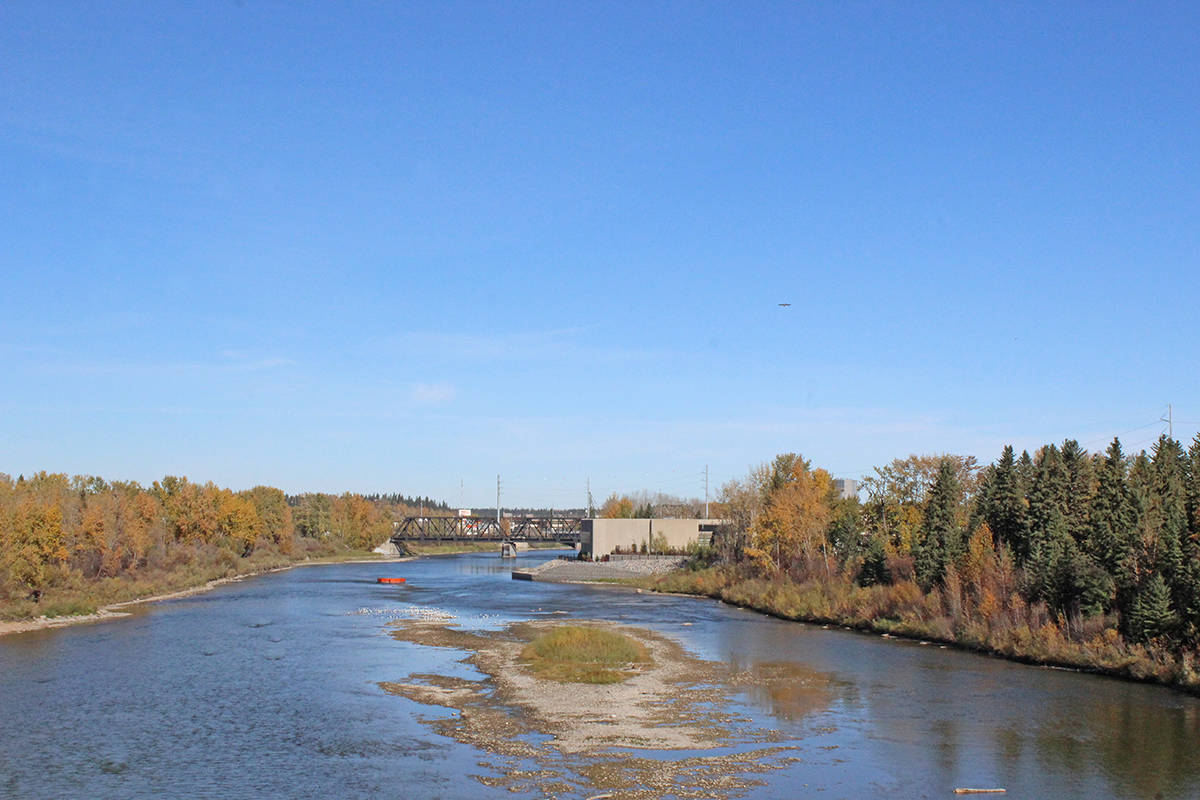The Red Deer River Naturalists is hosting a guest speaker night at the Kerry Wood Nature Centre.
Bradley Peter, executive director of the Alberta Lake Management Society (ALMS), will be speaking on Nov. 23rd at 7:30 p.m. about new methods of lake monitoring, and he will also provide information of citizen science monitoring of lakes in Alberta and the Red Deer River Watershed.
“He will talk about what his organization does and some of the newer methods of monitoring lakes and deciding how healthy they are,” Red Deer River Naturalists representative Tony Blake said. “There even may be opportunities for regular people who live by lakes to learn about ways they can help with the water quality.”
According to a release from the Naturalists, ALMS works to promote understanding and comprehensive management of lakes, reservoirs and their watersheds. Lakewatch, an ALMS program, partners with members of the public to collect data and also to raise awareness of lake functions and management options.
Blake said it is important for his group and everyone to learn about the value of clean watersheds.
“Water gives life the whole world, our society included,” he said. “It is not just recreation and aesthetics. Everyone drinks water and uses water. Water flows downhill, so everything that happens above you in the watershed affects you. It is not just about lakes, it is about the watershed and if the watershed is healthy, clean and productive—it means the land above it is more or less healthy as well.”
Peter is part of an ongoing speaker series put on by the Red Deer River Naturalists.
“We have speakers regularly,” Blake said. “During the year, we usually have nine speakers come in. They usually speak from an academic, conservation or natural history topic. They speak for about 45 minutes and then answer questions. We usually bring in lots of college researchers.”
Blake said most of the speakers they bring in have strong academic backgrounds regarding some form of conservation.
“We try to keep it interesting and relevant to Central Alberta. A lot of it is quite cutting edge. We have had people come in and discuss otters, muskrats, caribous, botany, and sometimes we bring in people involved with local conservation,” he said.



